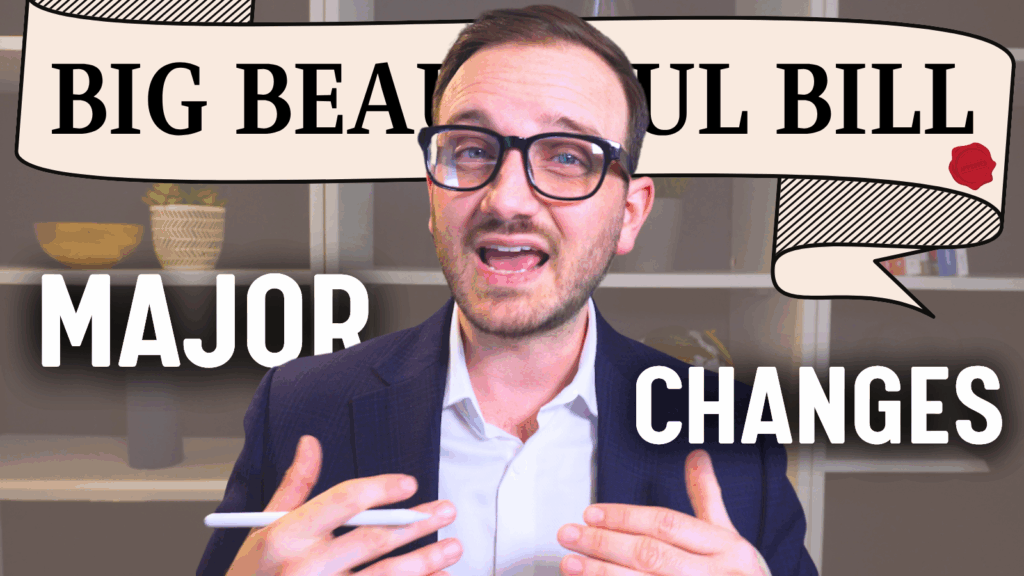Roth Conversions for Federal Employees
We recently published content that talked about the top strategies that federal employees should be doing during volatile markets. One of those items was to consider Roth conversions. The idea is that since account values may have gone down, you convert a lesser amount of money, therefore paying less taxes and reinvesting while the market is lower, and if properly invested you have the opportunity to ride the markets back up over time totally tax free.
This concept seemed to resonate with a lot of you because we received a lot of questions about the best way to do this. So, we’re briefly going to discuss the different ways to do a Roth conversion depending on where your money is, and discuss the do’s and don’ts of Roth conversions.
First let’s discuss what a Roth conversion itself. This is when you’re taking “Traditional” retirement dollars, meaning dollars that have not yet been taxed, paying the taxes on them, and moving them into a Roth account, thereby now making this money tax-free.
The reasons for doing this are many, including not having RMDs on this money in the future, creating tax-free legacy for your heirs, reducing your future taxes, etc. If used properly the Roth can be an incredible planning tool that can help you save tens of thousands in taxes. There are some rules and considerations of which to be aware, and we’ll go over some of these below.
The details matter
The first concept to know is that the TSP does not allow Roth conversions from the Traditional TSP into the Roth TSP. Most work-sponsored retirement accounts are similar, whether 401k, TSP, 403b, etc. An investor considering a Roth conversion on dollars inside their TSP would first need to transfer that portion into a Traditional IRA.
Do not send your Traditional TSP dollars directly to a Roth IRA. You will not like how that works out for you. We’ve seen this happen before and it’s a major challenge. Once your assets are within the Traditional IRA, you’re able to tell your custodian to convert some or all of your Traditional IRA into a Roth IRA (Roth IRA should be opened first).
Once you have your pre-tax money inside an IRA, you can instruct your custodian to affect a Roth conversion of however much you’d like into your Roth IRA. This is considered a taxable event.
At this point you have two options: the first is to pay the taxes directly from this transfer. So, if you convert $100K from Traditional to Roth, you could have something like $30K withheld for federal and state taxes for example, and $70K goes into the Roth.
The second method is to move the full $100K from Traditional to Roth so that all of it gets to grow tax-free, and then pay the taxes from your bank or other non-retirement accounts.
The second method is almost always better because by taking taxes out of the transfer, you’re starting with a smaller amount inside your Roth IRA and reducing the impact of that tax-free compounding growth.
There are some details which you must remember. The first is that any conversion has a 5-year window that it must remain in the account. You also have to know that Roth conversions will add to your taxable income. You need to be careful that you’re not converting too much so that you push yourself into a higher tax bracket.
Not only will you owe more taxes, but you can also push yourself into a higher income level as it relates to your Medicare premiums. Remember IRMAA? Income Related Monthly Adjustment Amount. If your taxable income falls into a specific range, you could cost yourself higher premiums for Medicare Part B.
Finally, the last point to consider is that in most cases, the Roth is the account in which you want to be the most aggressive invested. Note that I say aggressive, not reckless. You still need an investment plan, but the highest, most potentially taxable investments, belong inside the most tax-efficient vehicle, which is the Roth. If your asset allocation calls for having growth investments, the Roth could be a good place for them to be housed.
If you need help determining your situation, let us know. Roth IRAs can be an incredible planning tool but you need to make sure you use them correctly or have costly consequences. Be in touch if we can be helpful.



